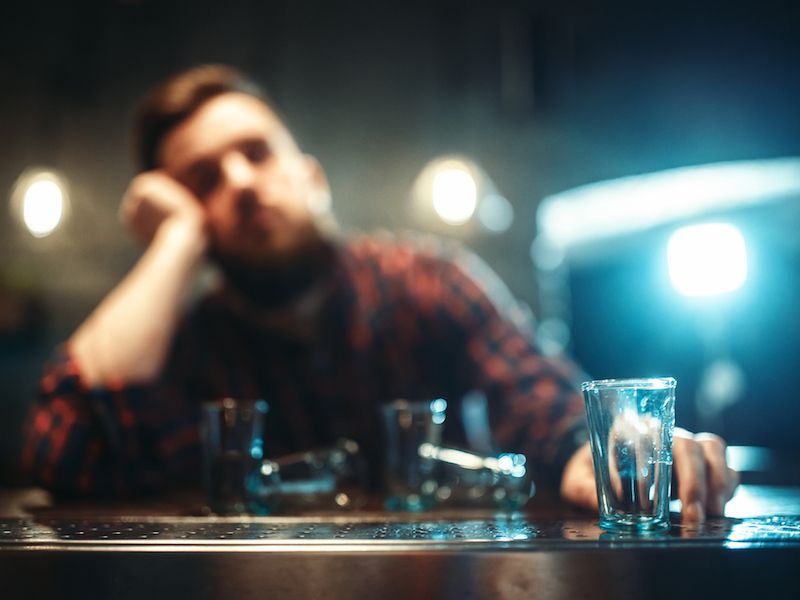You’re probably aware that the US . is facing an opioid crisis. Over 130 people are dying every day from an overdose. But what you may not be aware of is that there is a troubling connection between hearing loss and drug and alcohol abuse.
According to new research published in the American Journal of Preventive Medicine and conducted by a team from the University of Michigan, there’s a connection between those under the age of fifty who suffer from hearing loss and abuse of alcohol or other substances.
After analyzing roughly 86,000 respondents, they found this link is stronger the younger the person is. What causes the connection to begin with, unfortunately, is still not clear.
Here’s what was discovered by this research:
- In terms of hearing loss, people older than fifty who developed hearing loss were not different from their peers in terms of substance abuse.
- People who developed hearing loss when they were the ages of 35-49 were two times as likely to develop general substance abuse issues than their peers.
- People who developed hearing loss under the age of fifty were at least two times as likely to misuse opioids than their peers. They were also usually more likely to abuse other substances, such as alcohol.
Solutions and Hope
Those numbers are shocking, especially because researchers have already accounted for issues like class and economics. We need to do something about it, though, now that we have identified a relationship. Remember, correlation is not causation so without understanding the exact cause, it will be hard to directly deal with the problem. Researchers had a couple of theories:
- Social isolation: It’s well established that hearing loss can lead to social isolation and cognitive decline. In situations like these, self-medication can be relatively common, especially if the individual in question doesn’t really understand the cause–he or she may not even realizethat hearing loss is the issue.
- Ototoxic medications: These medications are known to cause hearing loss.
- Lack of communication: Getting people in and out as quickly and efficiently as possible is what emergency departments are designed to do. Sometimes they are in a hurry, particularly if there’s a life-threatening emergency waiting for them. In situations like this, a patient may not get correct treatment because they can’t hear questions and instructions properly. They may not hear dosage advise or other medication instructions.
- Higher blood pressure: Of course, it’s also true, That blood pressure is raised by alcohol, sometimes to unhealthy levels. And both high blood pressure and some pain killers have been shown to harm your hearing.
Whether these incidents increase loss of hearing, or that they are more likely to happen to those with loss of hearing, the negative repercussions are the same to your health.
Substance Abuse And Hearing Loss, How to Prevent it
The authors of the study recommend that doctors and emergency responders work extra hard to make sure that their communication protocols are current and being implemented. In other words, it would help if doctors were on the lookout for the indications of hearing loss in younger people. We individuals don’t seek help when we should and that would also be extremely helpful.
Don’t be scared to ask questions of your doctors like:
- Is this drug addictive? Do I actually need it, or is there an alternative medicine available that is safer?
- Will I have an ototoxic reaction to this drug? Are there alternatives?
If you are uncertain how a medication will affect your general health, what the risk are and how they should be used, you should not leave the office with them.
In addition, if you believe you are suffering from hearing loss, don’t wait to be tested. If you ignore your hearing loss for only two years you will pay 26% more for your health care. Schedule a hearing exam today.

